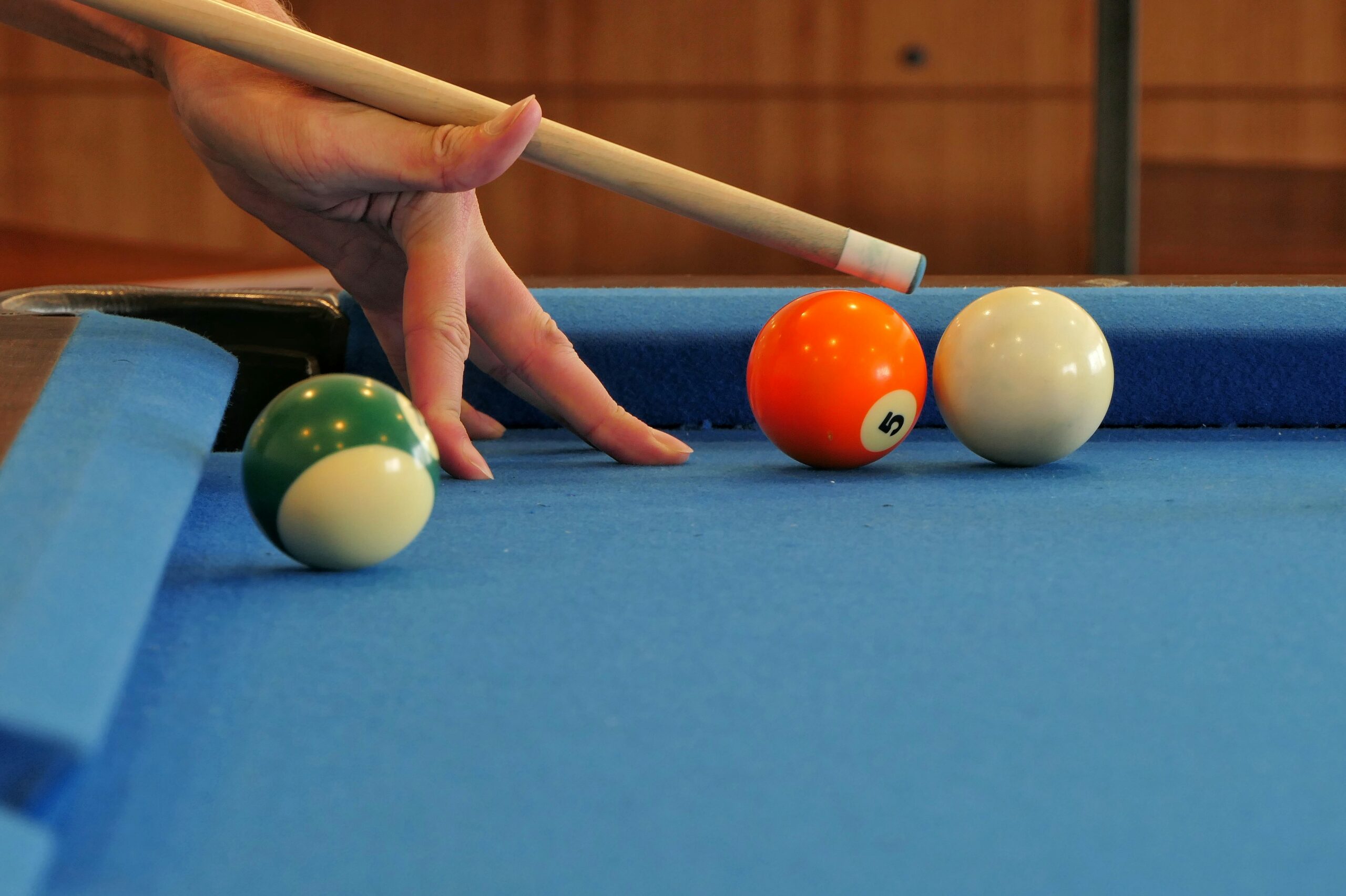
When people think of billiards, they often imagine smoky pool halls, competitive matches, or friendly games among friends. What many don’t realize is that billiards offers more than just entertainment. The game doubles as a form of mental exercise, sharpening your ability to analyze, plan, and adapt. In fact, billiards as brain training highlights how a recreational activity can become a powerful tool for cognitive development, especially in problem-solving.
Why Billiards Engages the Brain
Billiards is not about taking random shots or relying on luck. Each move requires careful thought, calculation, and foresight. A player must evaluate angles, control force, and predict ball movement several steps ahead. This constant demand for decision-making makes billiards a natural form of problem-solving practice.
Unlike repetitive puzzles, billiards changes with every match. The table’s layout is never the same, meaning players face unique challenges each time. This variability forces the brain to adapt, thereby strengthening neural pathways associated with logic and reasoning.
Building Strong Problem-Solving Skills
Breaking Down Complex Problems
At its core, billiards trains players to break significant challenges into smaller, manageable steps. Instead of focusing only on sinking a ball, a skilled player considers the setup for the next shot. This ability mirrors real-world problem-solving, where tackling small parts of an issue often leads to a complete solution.
Anticipating Outcomes
Billiards teaches predictive thinking. Before making a move, players imagine several possible results. Will the ball land in the pocket? Will it leave an opponent with an easy shot? This habit of anticipating consequences helps improve strategic decision-making outside the game as well.
Embracing Trial and Error
Mistakes in billiards are common, but they also serve as valuable lessons. A missed shot reveals what went wrong and offers insight into better strategies. This process of trial and error encourages resilience and adaptive thinking, which are crucial for effective problem-solving in daily life.
Cognitive Benefits of Playing Billiards
Enhancing Memory
Players constantly recall angles, spin techniques, and past shot results. This repetition strengthens working memory, which is vital for handling information quickly in problem-solving scenarios.
Improving Focus and Concentration
Billiards demands sustained attention. One moment of distraction can shift the outcome of a game. Practicing concentration in this context carries over to other tasks requiring deep focus, such as studying or project planning.
Boosting Analytical Thinking
Every shot involves geometry, physics, and timing. By analyzing these elements during a match, players engage critical thinking skills. Over time, this strengthens the brain’s analytical ability, making it easier to approach complex challenges in a logical manner.
Strategy and Planning in Billiards
One of the strongest links between billiards and problem-solving lies in strategy. Players must not only think about the current shot but also plan several moves. This forward-thinking approach resembles chess, where anticipating the opponent’s moves is key.
Strategic Shot Selection
Choosing between offensive and defensive shots mirrors decision-making in business or academics. Sometimes the best move is bold and aggressive, while other times it’s safer to play defensively. Billiards trains the brain to weigh risks and rewards in every decision.
Long-Term Planning
Players often map out entire sequences, envisioning how one move sets up the next. This long-term planning sharpens the skill of sequencing steps to reach a larger goal, a valuable trait in problem-solving across various aspects of life.
Social and Emotional Dimensions of Brain Training
Billiards is not played in isolation. The social nature of the game adds another layer of cognitive development.
Learning from Others
Watching opponents and adapting to their style fosters observational learning. This helps players expand their approach to problem-solving by integrating new strategies.
Managing Pressure
Competitive games introduce time constraints and performance stress. Learning to stay calm and focused under pressure is essential in both billiards and real-world problem-solving.
Building Patience
Success in billiards requires patience. Quick, reckless decisions often lead to mistakes. Developing patience helps in problem-solving by encouraging thoughtful, deliberate action rather than rushing to conclusions.
How to Use Billiards as Brain Training
If you want to use billiards as a tool for mental development, consider the following approaches:
Set Intentional Goals – Focus on improving specific aspects, such as predicting ball paths or planning sequences.
Reflect After Games – Take time to analyze what strategies worked and what didn’t.
Play Regularly – Consistency is key. Just like any brain training activity, frequent practice strengthens cognitive skills.
Challenge Yourself – Try new variations of the game or play against stronger opponents to push your limits.
Stay Engaged – Approach the game as more than just a source of entertainment. Keep in mind the mental benefits you’re developing with each match.
Billiards may seem like a leisure game, but it’s much more than that. It functions as an enjoyable way to sharpen focus, strengthen memory, and enhance decision-making. By treating billiards as brain training, you not only improve your performance on the table but also develop transferable problem-solving skills that benefit everyday life.
From breaking down complex challenges to mastering strategic planning, billiards provides a mental workout disguised as entertainment. Whether you’re a beginner or an experienced player, every shot is an opportunity to train your brain, refine your focus, and build the skills needed to solve problems both big and small.